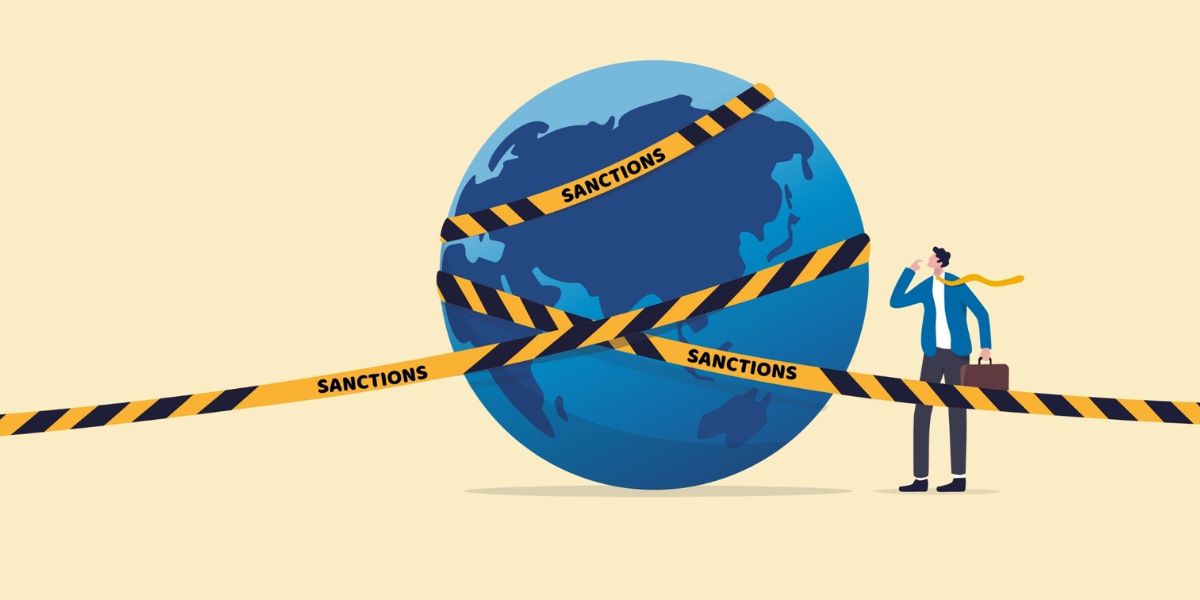Social Security Administration (SSA) disburses millions of payments to beneficiaries nationwide. These payments are crucial for individuals receiving assistance through programs such as Supplemental Security Income (SSI) and Social Security Disability Insurance (SSDI). The individuals benefiting from these payments include retired workers, adults with disabilities, children of disabled workers, and those who are receiving assistance due to other qualifying conditions.
For individuals enrolled in the SSI program, their payments are typically issued at the beginning of the month. Regardless of when they were born, SSI recipients will receive their payment on the same date each month. For example, in May 2025, SSI beneficiaries will receive two payments. The first payment is issued on May 1st, which corresponds to the fifth month of the year. The second payment will arrive at the end of the month, on May 30th, for the sixth month of the year.
The May payments will provide a maximum amount of $967 for individual SSI recipients. Couples, on the other hand, are eligible for approximately $1,450. This payment serves as a crucial source of income for those with limited resources, ensuring they have access to basic living needs such as food, shelter, and medical care. These funds are often crucial for seniors and individuals with disabilities who may be unable to work or rely on other forms of income.
However, while these payments offer critical support, they are also subject to change, particularly when issues such as overpayments arise. The SSA is responsible for ensuring that all payments are accurate; however, mistakes can occasionally occur during the payment processing. When overpayments occur, the SSA has systems in place to recover those funds.
On March 7, 2025, the SSA announced a significant change in how overpayments are handled. The SSA has decided to return to its previous practice of withholding 100% of the benefits from those who are determined to have been overpaid. This change reverses a policy implemented last year, which allowed for the recovery of only 10% of the monthly benefits. In other words, if a beneficiary were overpaid in 2024, the SSA would only withhold a small portion of their monthly check—10%—until the debt was repaid.
The new policy change means that, for most beneficiaries who have been overpaid, the SSA will now deduct the full amount of the overpayment from their future payments. This decision will affect those who have received more than they were entitled to, whether due to administrative errors or changes in their eligibility status.
However, there is an exception for SSI beneficiaries. The SSA has confirmed that, for SSI recipients, the recovery of overpaid benefits will be limited to 10% of their monthly payment. This is a critical distinction because, for many SSI beneficiaries, losing a substantial portion of their monthly payment could create significant financial hardship. Under this new policy, only 10% will be deducted until the overpayment is fully repaid.
This adjustment went into effect on March 27, 2025, and beneficiaries who have been overpaid will automatically be placed in the overpayment recovery process. Once placed in this process, the SSA will begin deducting the 10% from their payments each month.
This rule also applies to beneficiaries who had an overpayment prior to the new rule taking effect on March 27. Therefore, if someone received an overpayment prior to this date, the 10% withholding will still apply under the new policy.
For example, if an SSI recipient were overpaid $100, they would see $10 deducted from their monthly check until the full $100 is recovered. This ensures that the overpayment is repaid without significantly impacting the recipient’s ability to cover their basic living expenses.
Another important consideration is the timing of payments. A second SSI payment will be issued on May 30th, 2025, to account for June. Beneficiaries should be aware of this additional payment and its place within the overall schedule for Social Security payments.
While this change in the withholding policy may come as a surprise to some recipients, the SSA has advised beneficiaries to manage their finances wisely. It is also important to note that beneficiaries who receive an overpayment notice from the SSA are entitled to appeal or request a waiver if they believe the overpayment was not their fault.

For example, if the SSA made an error in calculating the payment, or if the beneficiary can demonstrate that they are unable to repay the overpayment due to financial hardship, they can request a waiver to reduce or eliminate the repayment obligation.
The SSA will not begin withholding payments until at least 30 days after the beneficiary receives the notice of overpayment. During this time, individuals have the option to dispute the overpayment or apply for a waiver. If the SSA is considering an appeal or waiver request, the withholding will not begin until a decision is made. This gives beneficiaries the chance to resolve the issue before the deductions are made.
In many cases, people who have received an overpayment are understandably concerned about how it will affect their monthly budget. Losing even 10% of their benefits can make it harder to meet their financial obligations.
To help with this, the SSA provides an overpayment fact sheet that explains the process in greater detail and provides additional resources for those affected by the changes. This fact sheet can be a valuable resource for beneficiaries who are unsure about the process or need help understanding how the new policies will affect their payments.
The changes to the SSA’s policies regarding overpayment recovery will affect a significant number of beneficiaries; individuals need to stay informed about how these adjustments will impact their payments.
The SSA’s goal is to ensure fairness and accuracy in its payment distribution while also recovering overpaid funds. While this policy change may be difficult for some beneficiaries, it is essential to note that the 10% withholding rate for SSI recipients offers some relief for those who may struggle to repay overpayments all at once.
Disclaimer: This article has been meticulously fact-checked by our team to ensure accuracy and uphold transparency. We strive to deliver trustworthy and dependable content to our readers.



